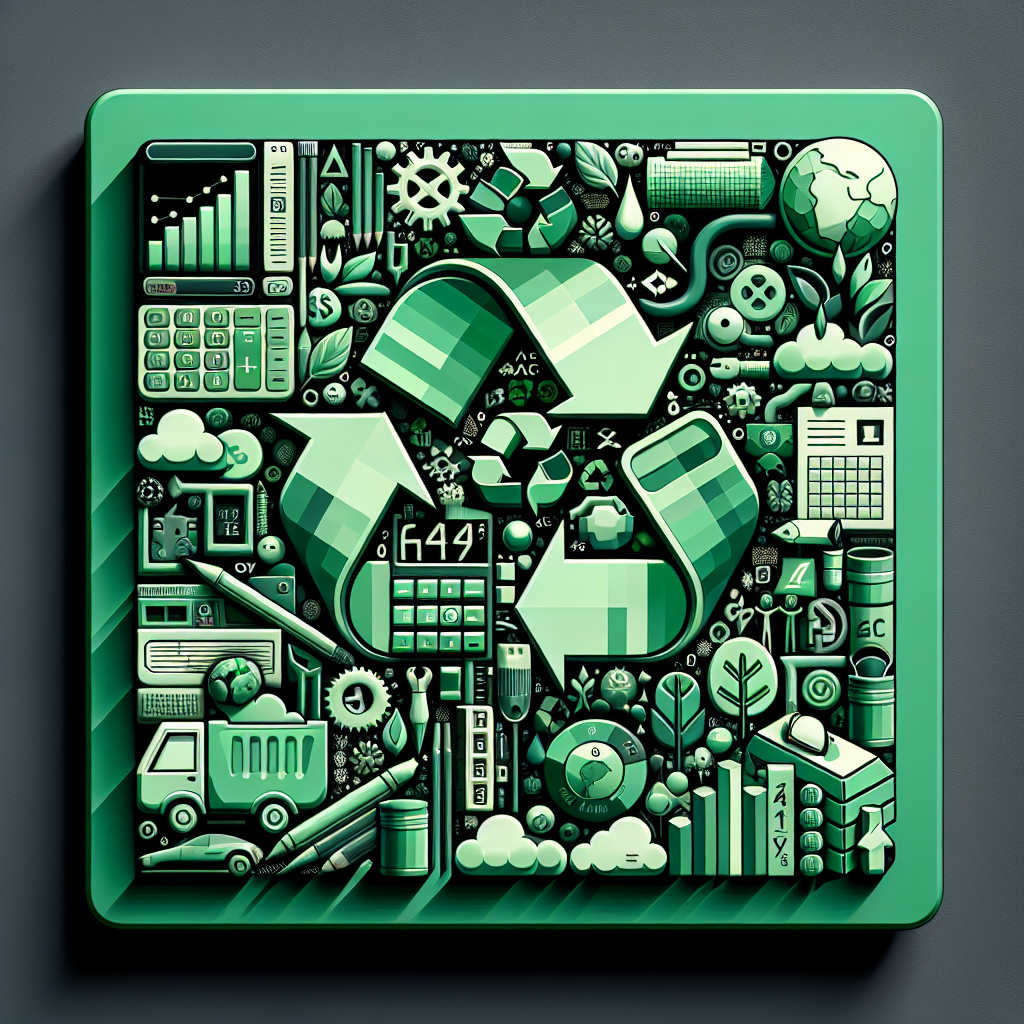Blog Ecobraz Eigre

Tool for calculating emissions avoided by recycling
Introduction
Recycling is an essential component in reducing greenhouse gas emissions, contributing significantly to the environmental targets set by the Brazilian government. In order to quantify the positive impact of recycling, it is essential to use precise tools that calculate the emissions avoided, allowing for effective and transparent waste management.
Importance of recycling in the environmental context
The proper management of solid waste is provided for in Law No. 12.305/2010, which establishes the National Solid Waste Policy (PNRS). Recycling helps to reduce the demand for virgin raw materials, reducing energy consumption and emissions associated with the extraction and processing of these materials. Consequently, this practice contributes to mitigating climate change.
Evented emissions calculation tool
Specific tools for calculating emissions avoided by recycling take into account data such as the type and volume of material recycled, industrial processes replaced and official emission factors. The National Solid Waste Management Information System (SINIR), available at sinir.gov.br, has guidelines for collecting and controlling the information that supports such calculations.
The calculations involve quantifying the greenhouse gases (GHG) avoided, mainly carbon dioxide (CO₂), methane (CH₄) and nitrogen oxides (NOx), resulting from replacing conventional production with recycled processes.
Methodologies and applicable legal bases
To ensure the reliability and standardization of avoided emissions calculations, guidelines from the NIST and the guidelines of the Brazilian GHG Protocol Program are widely used in the sector. In addition, the Brazilian Legislation establishes the obligation to monitor and report emissions for certain sectors, boosting the use of these tools.
Practical applications of the tool
For decision-makers working in the ESG, environmental, health and safety, and legal fields, the use of these tools makes it possible to technically quantify the environmental benefits of recycling and support sustainability strategies. It also contributes to compliance with environmental standards and continuous process improvements.
When it comes to collecting waste from electronic devices, it is recommended to use a solution specializing in electronic waste collection, which guarantees the proper and safe disposal of these materials.
Safe disposal of digital media
For the safe disposal of hard disks and digital media, which are essential for protecting sensitive data, it is essential to use certified sanitization processes, available in solutions such as the scheduling of safe HD disposal. These actions avoid legal and environmental risks linked to improper disposal.
Conclusion
Tools for calculating emissions avoided by recycling are crucial technical instruments for strategic environmental management, contributing directly to reducing environmental impacts and helping to comply with current legislation. The combined use of specialized solutions complements the corporate and governmental sustainability chain, ensuring efficiency and compliance in the recycling and disposal processes.

Deixe um comentário
O seu endereço de e-mail não será publicado. Campos obrigatórios são marcados com *